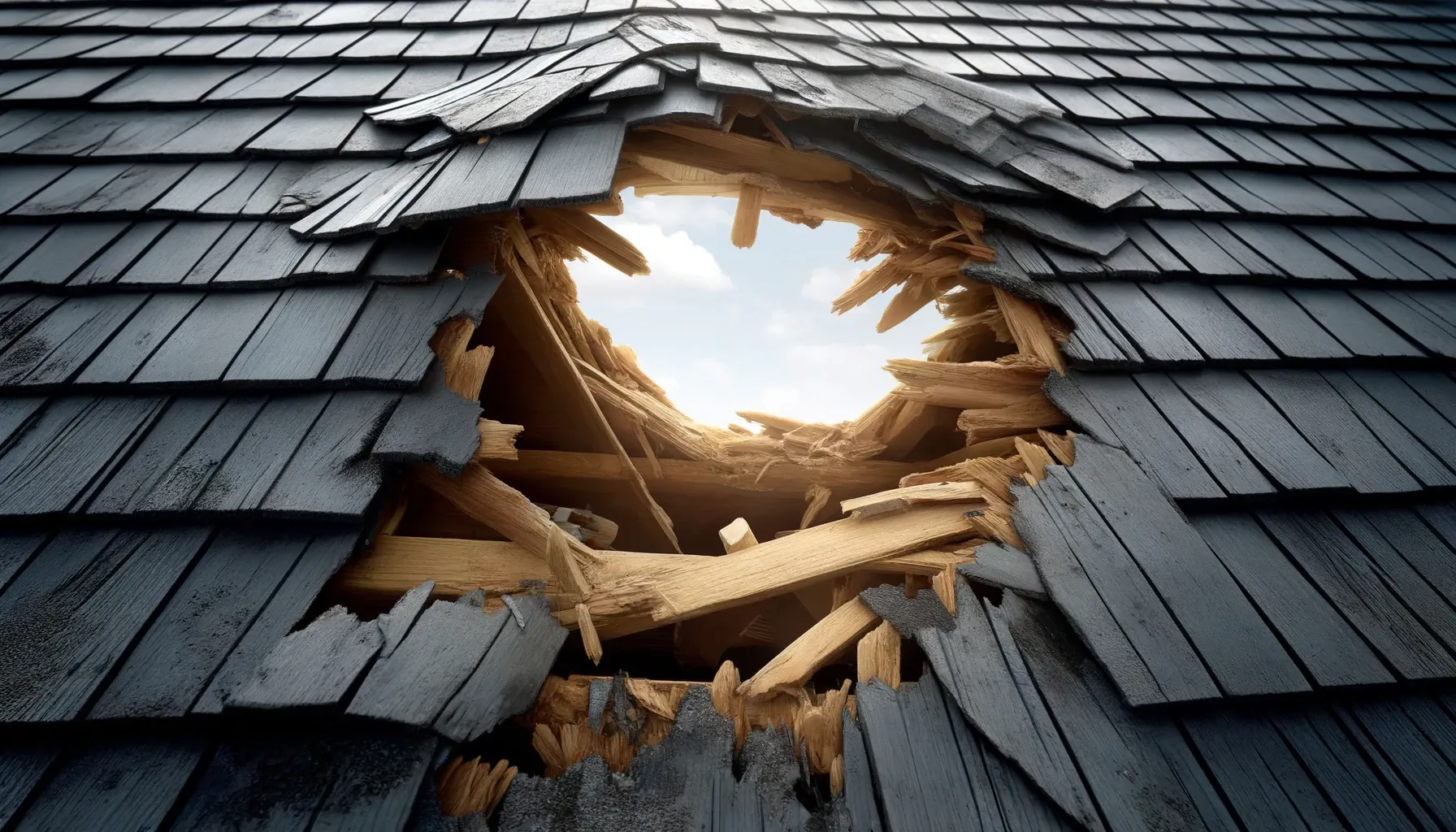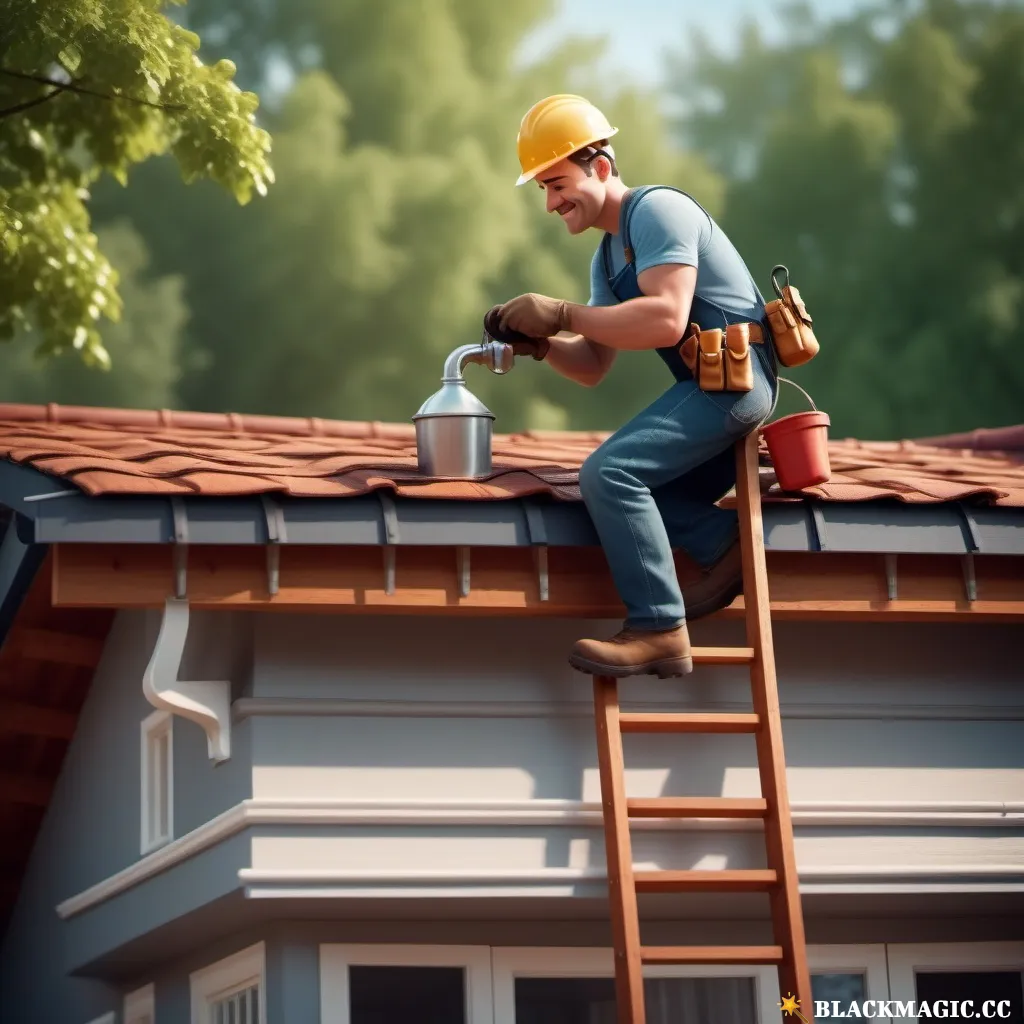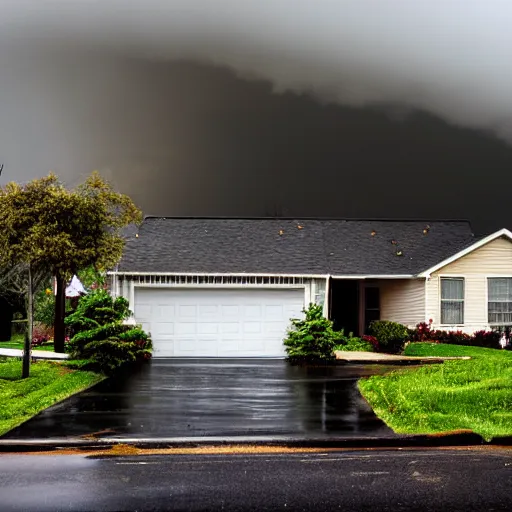Do Roof Tiles Prevent Leaks?
In my experience, I have found that roof tiles are a crucial element in preventing leaks.
The interlocking design of roof tiles creates a strong barrier that effectively repels water, reducing the likelihood of leaks.
Properly installed and maintained roof tiles can withstand harsh weather conditions and provide long-lasting protection for a home or building. Understanding the importance of quality roof tiles can save property owners from costly water damage repairs in the future.
Do roof tiles prevent leaks?
As a homeowner, maintaining the integrity of your roof is crucial to protecting your investment. One common question that many homeowners have is whether roof tiles truly prevent leaks. In this article, I will examine the effectiveness of roof tiles in preventing leaks and discuss the various factors that can impact their performance.

Understanding roof tiles
Roof tiles are a popular roofing material known for their durability and longevity. Made from materials such as:
- clay
- concrete
- slate
Roof tiles are designed to provide protection for your home against the elements.
They come in a variety of shapes, sizes, and colors, allowing homeowners to customize the look of their roof.
Roof tiles are installed overlapping one another, creating a barrier that prevents water from seeping through. When installed properly by a professional roofing contractor, roof tiles can provide a watertight seal that helps to prevent leaks.
The role of underlayment
While roof tiles play a significant role in protecting your home from leaks, the underlayment beneath the tiles is just as important. The underlayment acts as an additional layer of protection against water infiltration and helps to prevent leaks in the event that water penetrates the outer layer of tiles.
There are different types of underlayment materials available, including asphalt-saturated felt and synthetic materials like synthetic underlayments or self-adhered membrane systems. The type of underlayment used will depend on the specific roofing system and climate conditions in your area.

Factors that can impact the effectiveness of roof tiles
While roof tiles are designed to prevent leaks, there are several factors that can impact their effectiveness. Understanding these factors can help you identify potential issues with your roof and take corrective action.
Installation quality
One of the most critical factors that can impact the effectiveness of roof tiles in preventing leaks is the quality of installation. Improperly installed roof tiles can create gaps or weak spots that allow water to seep through, leading to leaks over time.
It is essential to hire a reputable roofing contractor with experience in installing roof tiles to ensure that the job is done correctly. A professional roofer will follow manufacturer guidelines and best practices to ensure that your roof tiles are installed properly, minimizing the risk of leaks.
Roof pitch
The pitch of your roof can also impact the effectiveness of roof tiles in preventing leaks. A steeper roof pitch allows water to drain more quickly, reducing the likelihood of water pooling on the roof and seeping through the tiles.
If your roof has a low pitch, water may not drain as effectively, increasing the risk of leaks. In this case, it is essential to ensure that your roof is properly designed and installed to minimize the potential for water infiltration.
Weather conditions
Weather conditions can also play a role in the effectiveness of roof tiles in preventing leaks. Heavy rain, wind-driven rain, snow, and ice can all put stress on your roof and potentially compromise its integrity.
In areas prone to extreme weather conditions, it may be necessary to take additional measures to protect your roof, such as installing a waterproof membrane or using specialized installation techniques. Regular inspections and maintenance can help identify and address any issues before they lead to leaks.
Age and wear
Over time, roof tiles can become worn or damaged, reducing their effectiveness in preventing leaks. Factors such as UV exposure, temperature fluctuations, and debris accumulation can all contribute to the deterioration of roof tiles.
It is essential to inspect your roof regularly for signs of wear and damage, such as cracked, broken, or missing tiles. Replacing damaged tiles promptly can help maintain the integrity of your roof and prevent leaks from occurring.
How to prevent leaks in roof tiles
While roof tiles are designed to prevent leaks, proactive maintenance is key to ensuring their effectiveness over time.
Here are some tips to help prevent leaks in roof tiles:
- Regular inspections: Schedule regular roof inspections by a professional roofing contractor to identify any potential issues with your roof tiles.
- Clean gutters: Keep your gutters clean and free of debris to ensure proper water drainage from your roof.
- Trim overhanging branches: Trim back any trees or branches that hang over your roof to prevent damage from falling debris.
- Replace damaged tiles: Replace any cracked, broken, or missing tiles promptly to maintain the integrity of your roof.
- Repair flashing: Check and repair any damaged or corroded flashing around chimneys, vents, and skylights to prevent water infiltration.
By following these maintenance tips and addressing any issues promptly, you can help prevent leaks in your roof tiles and protect your home from water damage.
Roof tiles are an effective roofing material that can help prevent leaks when installed correctly and maintained properly.
Understanding the factors that can impact the effectiveness of roof tiles, such as installation quality, roof pitch, weather conditions, and age, can help you identify potential issues with your roof and take corrective action.
By investing in quality roof tiles, hiring a professional roofing contractor, and following a proactive maintenance plan, you can enjoy a durable and leak-free roof for years to come. Remember, prevention is key when it comes to protecting your home from water damage, so be proactive in maintaining your roof to ensure its longevity and performance.







